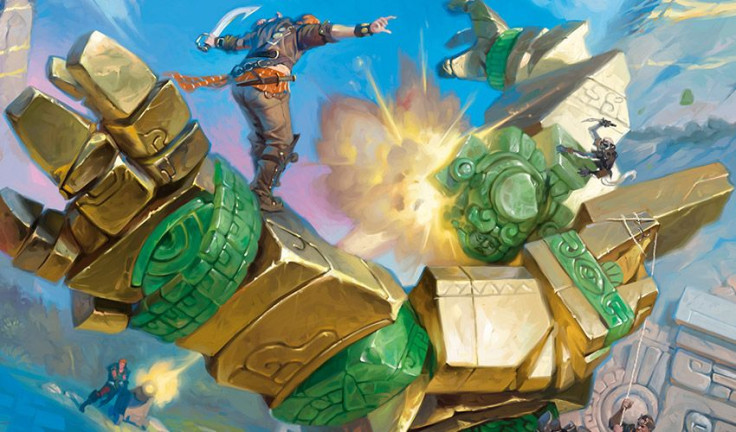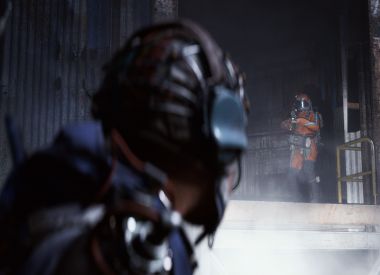MTG Arena , the latest digital version of Magic: The Gathering, is a free-to-play game. Like any other F2P game, microtransactions will offset the cost of development. However, MTG Arena’s approach sounds refreshingly reasonable, though the announced plans are not set in stone, and changes may come after testing is done.
There will be two currencies in MTG Arena: gold and gems. Gold will be earned from playing games and competing in tournaments, while gems will only be earned by using real-world money. According to Principal Game Designer Chris Clay, the sole function of gems will be to speed up play for those that don’t want to collect gold, or possibly to buy a cosmetic item. “There won't be any gameplay content that can only be unlocked with real money,” Clay said in a blog post.
However, any Magic player will tell you the real currency is the cards you have. There will be a number of ways to earn new cards in MTG Arena, and even the opportunity to pick the cards you want instead of relying on random drops.
The five main ways to earn new cards are buying booster packs, entering a draft, earning individual cards through play, Wildcards and The Vault. Booster packs will contain five common cards, two uncommon cards, one rare card and one mythic rare card. Booster packs will be available to buy with gold or gems, but Wizards of the Coast is unsure about pricing right now. The company has confirmed MTG Arena booster packs will likely be less expensive than physical card packs from a store.
Draft packs contain 14 cards, mirroring a real-life draft (with basic land removed). Based on the blog post, it sounds like players can pay gold or gems to enter a draft, and all cards given during the draft become permanent additions to a player’s collection.
Players can also earn individual cards by winning matches in MTG Arena. This is still in testing, but it’s expected that players will be able to earn up to 30 cards a day, with one card awarded after each win.
Wildcards will be randomly inserted into any opportunity a player has to earn cards. Like normal cards, Wildcards also have a rarity ranging from common to mythic rare. Once a player finds a Wildcard, he or she can exchange it for any card he or she wants of an equal rarity. In other words, if you stumble upon a mythic rare Wildcard, you can pick any mythic rare card available to to trade for the Wildcard.
The last way to earn cards in MTG Arena is by opening The Vault. Players earn points towards opening The Vault with each booster pack opened. If a player earns a fifth copy (or more) of any card, he or she will instead be rewarded with points that go toward opening The Vault as well. As of right now, opening The Vault will grant players Wildcards, but the developers are still tinkering with rewards.
Wizards of the Coast is also considering other ways to entice players, like daily rewards, quests to complete, and awarding players with three to four booster packs a week. To avoid grinding, Wizards says these rewards earned from playing should all drop within the first hour or two of playing each day.
These systems are all loose right now, and may change depending on feedback and testing. Gems and real-world money won’t even be implemented until an unspecified date in the future. We do know that any purchases made during the beta period will be refunded when Wizards of the Coast wipe the servers before launch.
So what do you think? Does all this sound fair for MTG Arena? What other questions do you have about the latest digital version of Magic? Let us know your thoughts in the comments section below.


















